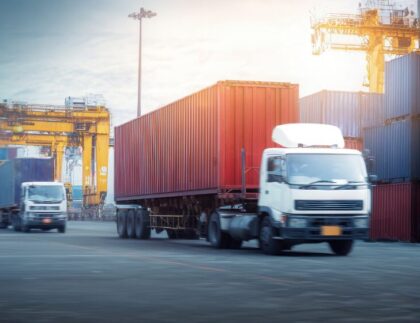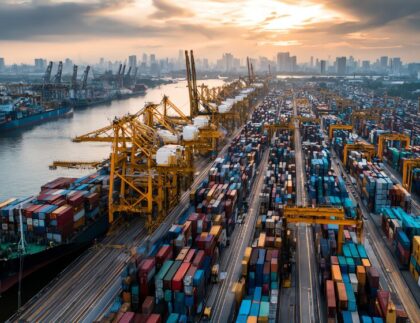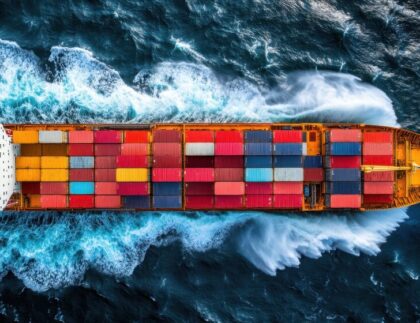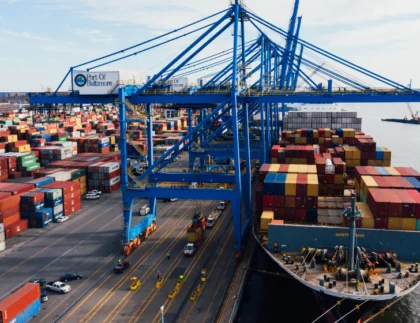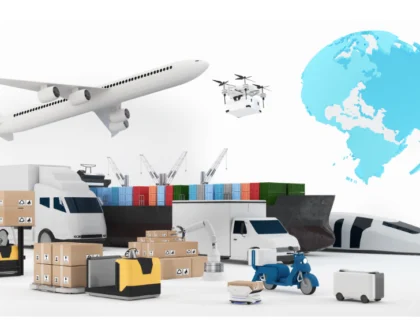
Global trade continues to expand despite an increasingly complex regulatory environment. For freight forwarders, the challenges go far beyond moving cargo from point A to point B. With sanctioned trade logistics becoming more tightly monitored, the pressure to maintain strong freight forwarding compliance frameworks is higher than ever.
The year 2025 brings new realities: global trade restrictions are multiplying, governments are enforcing export control regulations with renewed rigor, and the financial and reputational costs of non-compliance are rising sharply. This article explores the risks freight forwarders face in sanctioned markets, and the strategies they can adopt to strengthen compliance.
Why Compliance Matters More Than Ever
Sanctions are no longer limited to high-profile embargoes; they now cover entire industries, technologies, and even individuals.
For freight forwarders, failing to comply with restrictions can mean:
- Heavy fines and legal action
- Blacklisting from global supply chains
- Loss of banking and insurance partnerships
- Permanent damage to business credibility
In sanctioned markets, ignorance is not a defense. Regulators increasingly expect logistics providers to show robust due diligence practices, clear risk assessments, and transparent record-keeping.

Key Risks in Sanctioned Trade Logistics
1. Sanctions Evasion Risks
Freight forwarders are often targeted by bad actors who attempt to bypass restrictions.
Common tactics include using shell companies, falsifying cargo documentation, or misrouting shipments.
Even unintentional involvement in sanctions evasion risks can have severe consequences.
2. High-Risk Cargo Screening
Certain goods, especially dual-use goods shipping (items with both civilian and military applications), require careful scrutiny. Electronics, chemicals, and advanced machinery often fall under export control regulations, making high-risk cargo screening essential.
3. Customs Enforcement Trends
Customs agencies worldwide are investing in new digital tools, AI-based analytics, and tighter coordination. These customs enforcement trends mean freight forwarders are more likely to be flagged if their documentation lacks accuracy or transparency.
4. Trade Embargo Challenges
Operating in regions subject to trade embargoes requires navigating not only regulatory restrictions but also unstable political climates. Delays, seizures, and disputes are common trade embargo challenges that can disrupt supply chains and drain resources.

Practical Solutions for Freight Forwarders
1. Strengthen Compliance Programs
Investing in strong internal compliance teams is no longer optional. Freight forwarders must:
- Train staff on export control regulations
- Build checklists for logistics due diligence
- Establish reporting systems to flag suspicious shipments
2. Use Technology for Risk Management
Digital platforms and AI-driven compliance tools help automate cargo screening, flag high-risk transactions, and cross-check against sanctions lists in real time. These systems reduce human error and provide a documented audit trail.
3. Enhance Supplier and Client Vetting
Before entering into business relationships, forwarders should:
- Conduct thorough background checks
- Verify beneficial ownership of companies
- Assess clients’ history of compliance with sanctions
This proactive vetting helps minimize exposure to sanctions evasion risks.
4. Collaborate with Regulators
Freight forwarders who maintain open communication with customs authorities are better positioned to handle customs enforcement trends. Proactively engaging with regulators can also reduce penalties if mistakes occur.
5. Scenario Planning for Sanction Shifts
Sanctions evolve quickly, sometimes overnight. Having a flexible compliance strategy ensures freight forwarders can adapt to new global trade restrictions 2025 without disrupting operations. Scenario planning should include alternative shipping routes, contingency suppliers, and diversified customer bases.
Looking Ahead: Compliance as a Competitive Advantage
Rather than viewing compliance as a burden, forwarders should see it as a strategic asset. Companies that excel at freight forwarding compliance can:
- Build trust with global partners
- Secure contracts in sensitive sectors
- Access new markets that require strict oversight
In a business landscape where regulators, insurers, and financiers demand higher standards, strong compliance frameworks will distinguish the leaders from the laggards.

Conclusion
The landscape of sanctioned trade logistics is becoming increasingly complex. With growing enforcement of export control regulations, rising customs enforcement trends, and persistent trade embargo challenges, freight forwarders cannot afford to take shortcuts.
The solution lies in robust logistics due diligence, enhanced use of compliance technology, and a culture that treats regulation not as an obstacle but as a driver of resilience. By doing so, freight forwarders not only reduce sanctions evasion risks but also strengthen their role as trusted partners in the global supply chain.
In 2025 and beyond, the forwarders who thrive will be those who view compliance not just as a necessity, but as a cornerstone of sustainable business growth.

